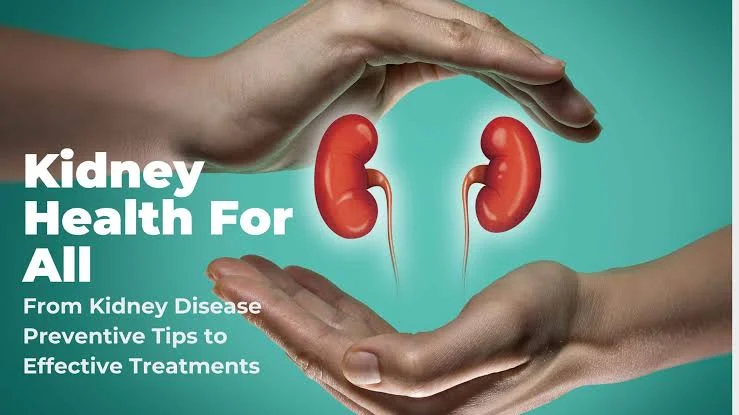The World Health Assembly (WHA) has made a groundbreaking decision by adopting the first-ever resolution on kidney health, spearheaded by Guatemala. This landmark resolution calls on countries to integrate kidney care into their national health strategies and scale up prevention, early detection, and treatment efforts to combat the growing burden of kidney disease worldwide.
# The Burden of Kidney Disease
Kidney disease is a significant public health issue, affecting millions of people globally. Chronic kidney disease (CKD) is a major cause of morbidity and mortality, with diabetes and hypertension being the leading causes of kidney failure. The economic burden of kidney disease is substantial, with the cost of dialysis and kidney transplantation posing a significant challenge to healthcare systems.
# Key Provisions of the Resolution
The resolution urges member states to take several key actions, including:
– *Integrating Kidney Care into National Health Strategies*:
Countries are encouraged to develop comprehensive national health strategies that include kidney care, ensuring that kidney health is prioritized and addressed at all levels of healthcare.
– *Expanding Prevention Efforts*:
Member states are called upon to implement evidence-based interventions to prevent kidney disease, including promoting healthy lifestyles, managing diabetes and hypertension, and reducing exposure to environmental toxins.
– *Enhancing Early Detection and Treatment*:
The resolution emphasizes the importance of early detection and treatment of kidney disease, including improving access to screening and diagnostic services, and providing timely and effective treatment to slow disease progression.
# Impact of the Resolution
The adoption of this resolution is expected to have a significant impact on kidney health globally. By integrating kidney care into national health strategies and expanding prevention, early detection, and treatment efforts, countries can:
– *Reduce the Burden of Kidney Disease*:
By addressing the root causes of kidney disease and improving access to care, countries can reduce the number of people affected by kidney disease and slow disease progression.
– *Improve Health Outcomes*:
Early detection and treatment of kidney disease can significantly improve health outcomes, reducing the risk of complications and improving quality of life for people with kidney disease.

– *Enhance Health Equity*:
By prioritizing kidney health and promoting access to care, countries can help ensure that all individuals, regardless of their background or socioeconomic status, have access to quality kidney care.
# Global Collaboration
The resolution’s adoption highlights the importance of global collaboration in addressing kidney health. The World Health Organization (WHO) will play a crucial role in supporting countries in their efforts to develop and implement kidney care strategies, and in promoting international cooperation and knowledge sharing.
# Next Steps
The resolution’s adoption sets the stage for countries to implement its provisions and work towards improving kidney health. Countries are encouraged to develop and implement comprehensive kidney care strategies, and to prioritize kidney health in their national health policies. With this historic resolution, the global community has taken a significant step towards addressing the growing burden of kidney disease and improving the lives of millions of people worldwide.
